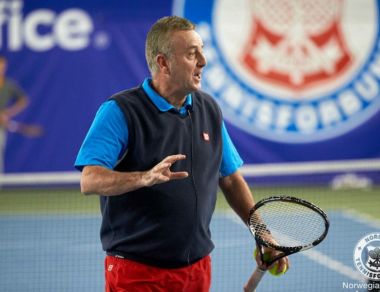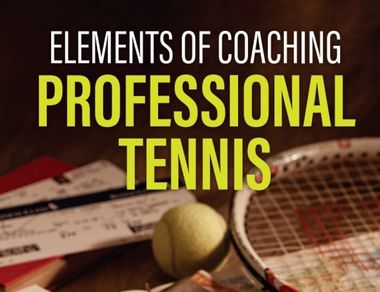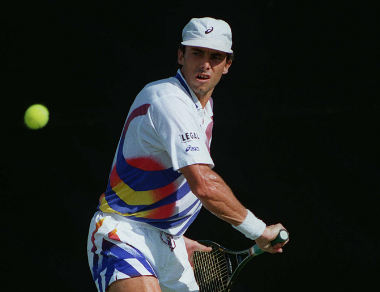Whether you are just starting out or an established veteran tour coach, understanding the how, when and why of getting paid as a private tennis coach is tricky in the best of times. Just as there are many different styles of coaching on the tour, so are there different ways for compensation. Oftentimes the very character traits that make for a good coach, can be his greatest weaknesses on the business side of the relationship.
Plenty of coaches are eager for the chance to be on the ATP and WTA tours and are willing to work for a lot less salary than they might at a club or academy. Their enthusiasm for the new job and lure of travel can cause them to jump on board without dotting the i’s and crossing the t’s.
This year I had the opportunity of discussing this subject with plenty of professional tour coaches. I learned that though some might have sweeter deals than others (a lot of that depends on their player’s ranking and country), they all share some basic elements. And before they go hit the court, they will have locked in a contract just like a business joint venture. I spoke with professional coaches like Alexander Waske, former German Davis Cupper. Waske has been on both sides of the player coach relationship and is the CEO of Tennis-University Europe. He deals with touring issues between the two parties on a weekly basis. Then there is Juan Manual Esparcia of Spain who is an ATP member coach and Master Professional specializing in player development and coaching education. Esparcia also works as a sports marketing and management of players and coaches.
“Many coaches on tour work without contracts,” says Esparcia. “And they do not talk clearly before they start to work, so the problems appears later when results are coming and both parts understand in a different way.”
“This is business,” continues Esparcia. “And in business you don’t get what you deserve, you get what you negotiate. In my opinion a tennis coach should get a flat salary plus percent of prize money, and bonuses based on ranking achievements.”
When is it appropriate to get paid?
Most coaches I spoke to prefer to get an advance payment equal to four weeks, plus airfare expenses and food per diem. Especially in the beginning of the relationship. Others like Waske do not mind waiting till after the tour.



